|
A state of emergency has been declared in Lebanon following an explosion in the capital, Beirut, which damaged large sections of the city and has resulted in the deaths of at least 135 people. Tragically, Beirut’s historic port is deep in the city’s heart and as Sara Fregonese explains, it’s a major driver of an economy, which is already in strife.
Meanwhile, Maritime security experts Scott Edwards and Christian Bueger look into how the chain of events leading to this disaster are not by any means uncommon in a world where port security can be compromised by corruption or disorganisation. They spell out the changes that are required to prevent a disaster like this ever happening again.
In other news, for 350 years, scientists have always believed that to reproduce, the human sperm have to swim a distance equivalent to climbing Mount Everest to find the egg. Well, it turns out that is not correct as Hermes Gadêlha in a breakthrough discovery found that sperms aren’t “swimmers” after all.
|
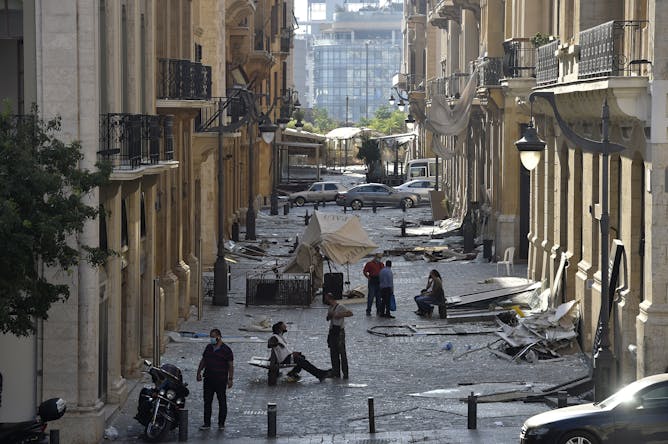
Devastation in central Beirut following the explosion on 4 August 2020.
EPA-EFE/WAEL HAMZEH
Sara Fregonese, University of Birmingham
The port, and surrounding neighbourhoods devastated by the explosion, are at the heart of Beirut.
|
|
|
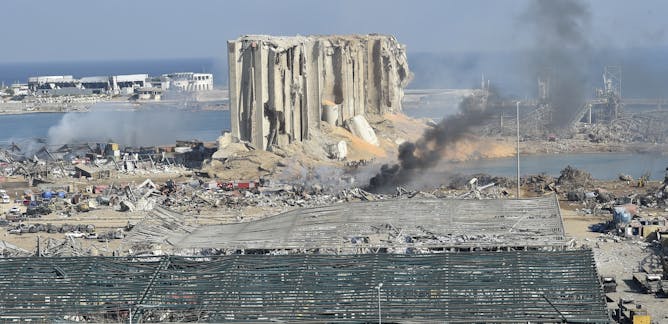
Scott Edwards, University of Bristol; Christian Bueger, University of Copenhagen
Abandoned containers of hazardous goods are found regularly in ports.
| |
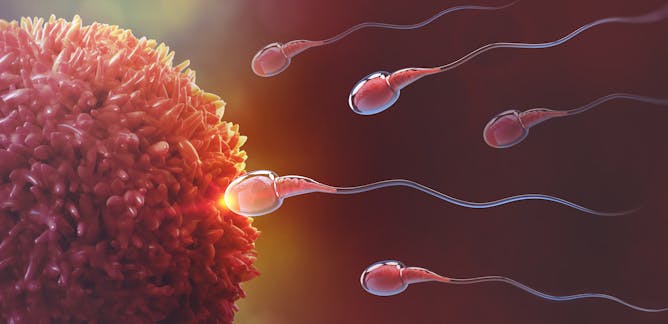
Hermes Gadêlha, University of Bristol
Our breakthrough discovery has found that sperm aren't "swimmers" after all.
|
|
|
Education
|
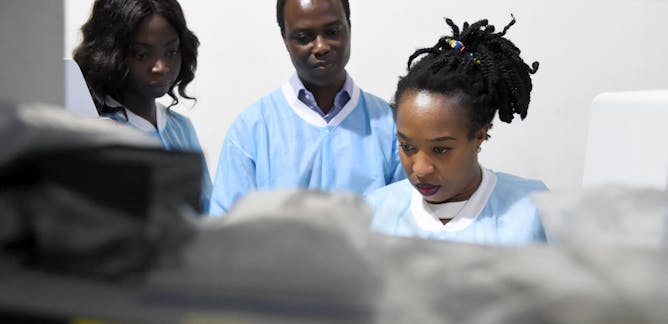
Oluwaseyi Dolapo Somefun, University of the Western Cape; Kudus Adebayo
Mentoring can help build the confidence of young scholars in Sub-Saharan Africa, reducing the likelihood of brain drain.
| |

Angelo Fynn, University of South Africa
A South African study explored how psychology students benefited from an alternative approach to teaching and learning.
|
|
|
Environment
|
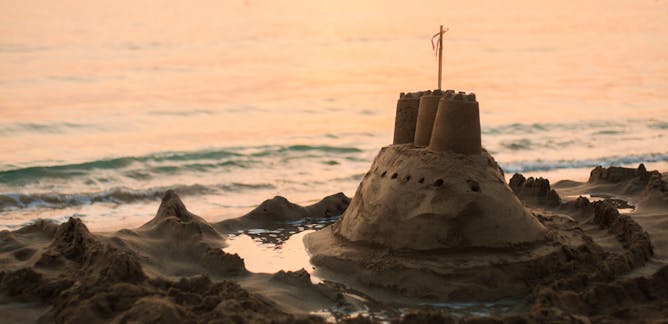
Nick Davies, University of Salford; David Jarratt, University of Central Lancashire
Sea levels could be two metres higher by 2100. How will our relationship to the drowned coast change?
| |
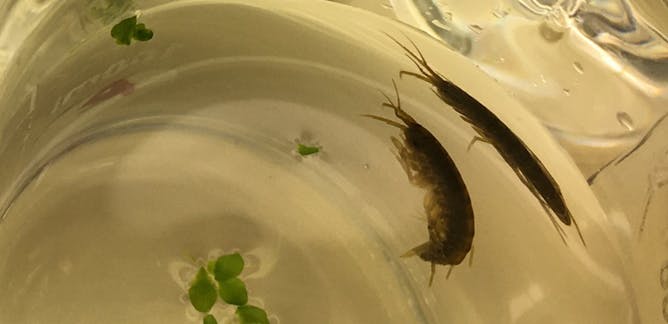
Alicia Mateos Cárdenas, University College Cork
The discovery that such a common animal can rapidly produce vast numbers of nanoplastics is particularly worrying.
|
|
|
En Français
|
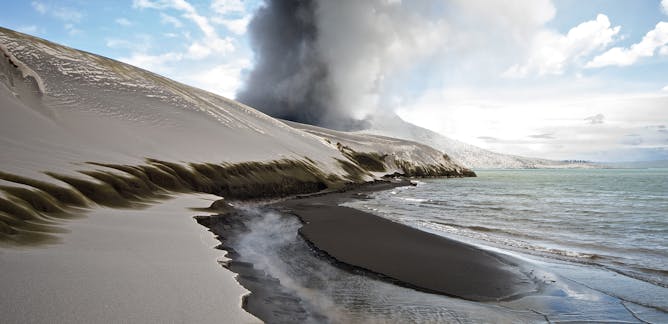
Alexis Bougouin, Université Clermont Auvergne; Olivier Roche, Université Clermont Auvergne; Raphael Paris, Université Clermont Auvergne
Les éruptions volcaniques peuvent provoquer des tsunamis particulièrement meurtriers. Pour mieux comprendre ces phénomènes relativement rares, on les recrée en laboratoire.
| |
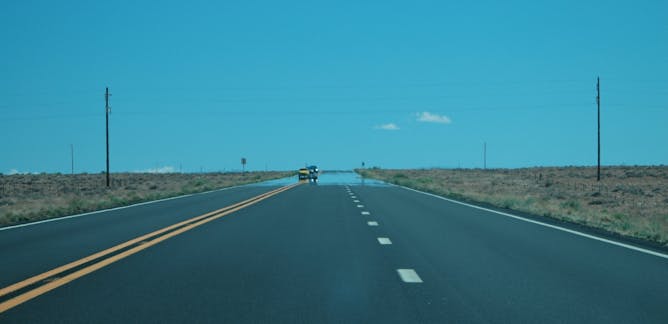
Daniel Bloch, Université Sorbonne Paris Nord – USPC
La ligne droite n’est pas toujours le chemin le plus court pour arriver à destination. La notion de « métrique » permet de cerner ce problème au quotidien et pour des optimisations plus pointues.
|
|
|